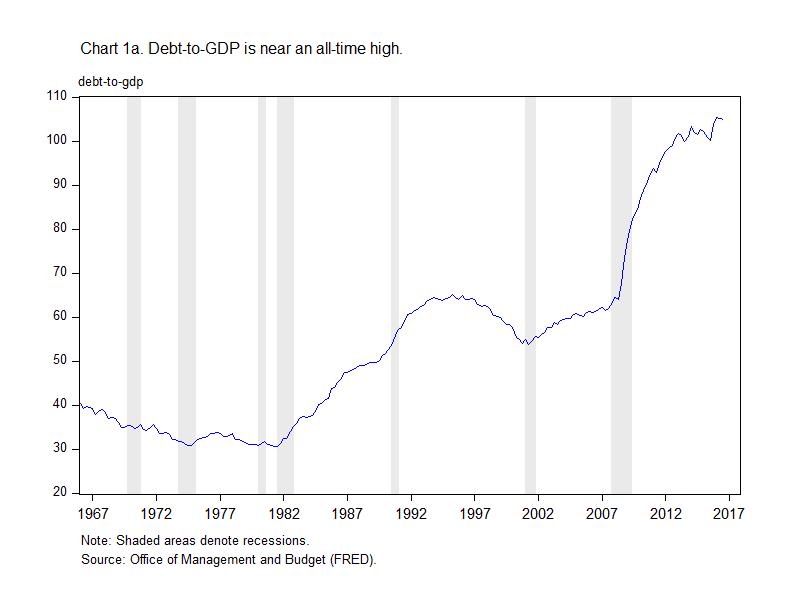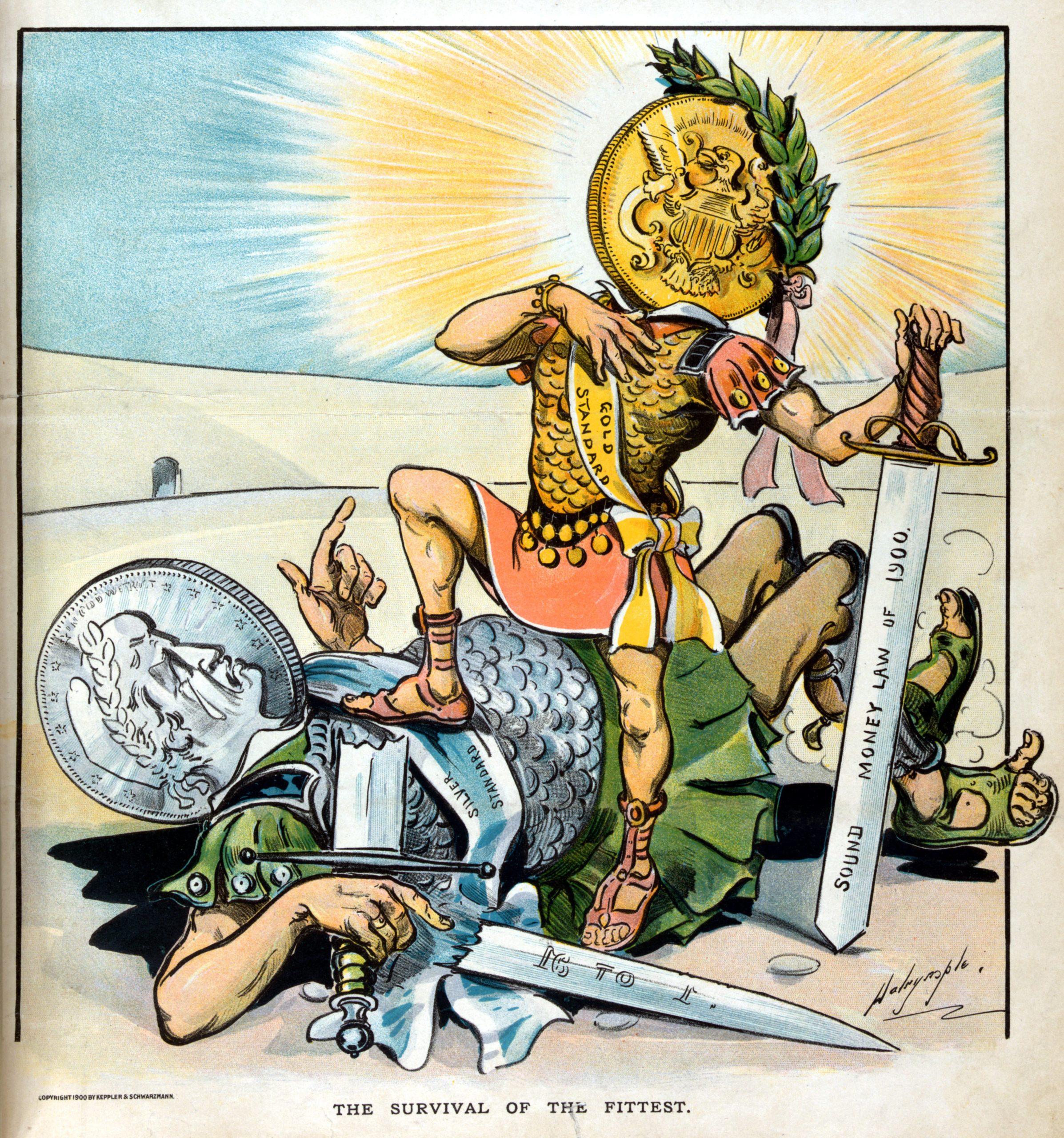President Trump’s first budget proposal would zero out funding for the national endowments for the arts and humanities (NEA and NEH), the Corporation for Public Broadcasting (CPB), and the Institute of Museum and Library Services (IMLS). From the outcry you’d think the abolition of these agencies as government entities, whose combined 2016 appropriations totaled $971 million out of a nearly $4 trillion national budget (roughly 0.0003 percent), would leave America a cultural wasteland. We know this can’t be true, however, because America was the furthest thing from a cultural wasteland before the national government became subsidizing cultural activities. But historical memory is short, so it’s worth reminding ourselves that jazz, the blues, rock and roll, and modern dance, theater, and literature all flourished without the government’s help. Indeed, we have reason to think that no government bureaucracy would have appropriated money to these edge art forms when they first came on the scene.


